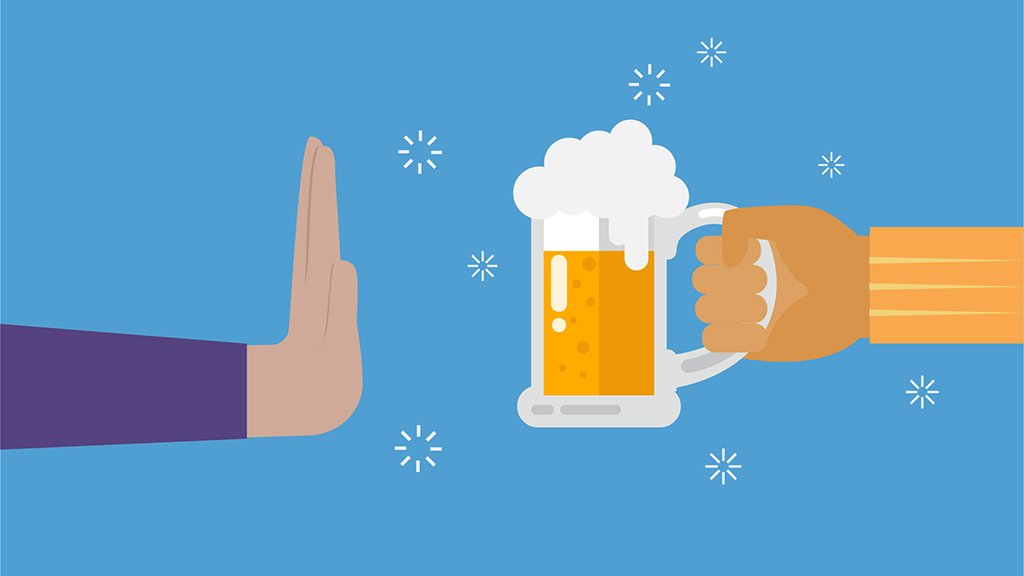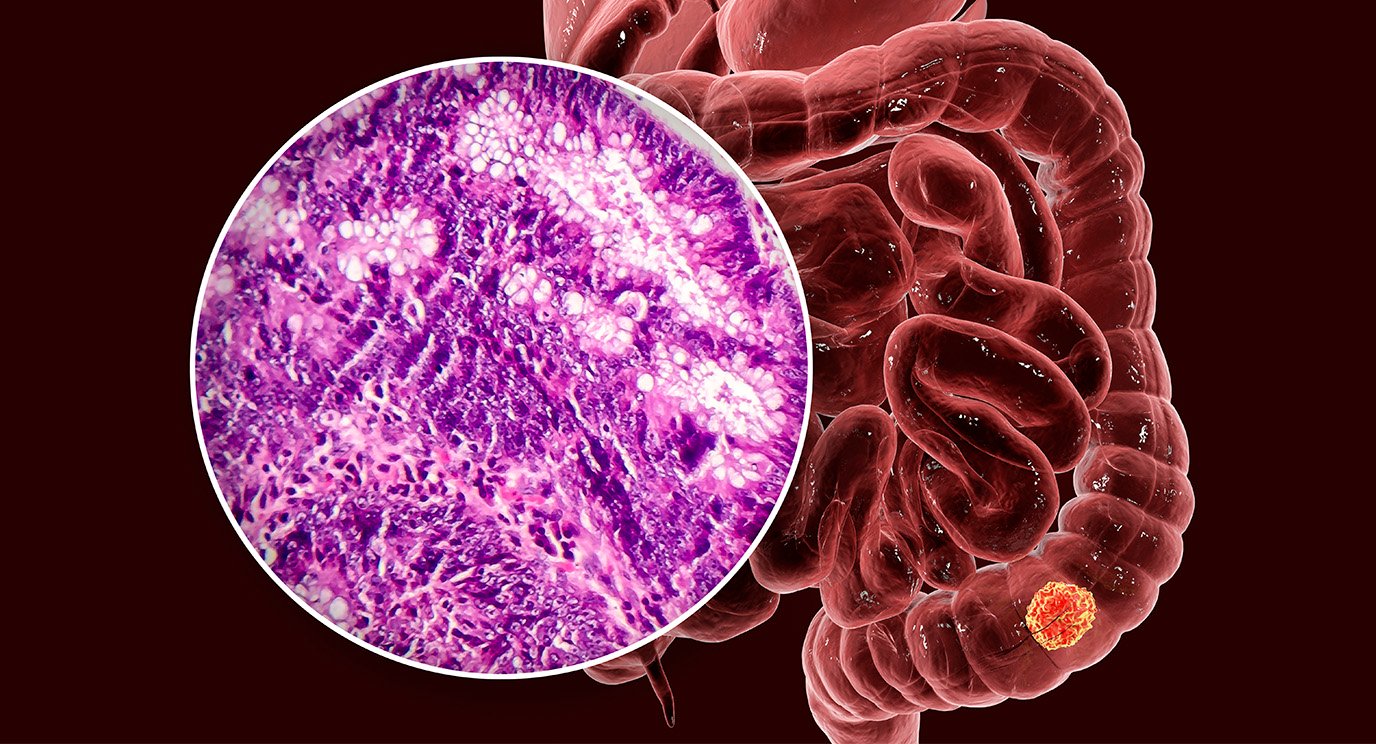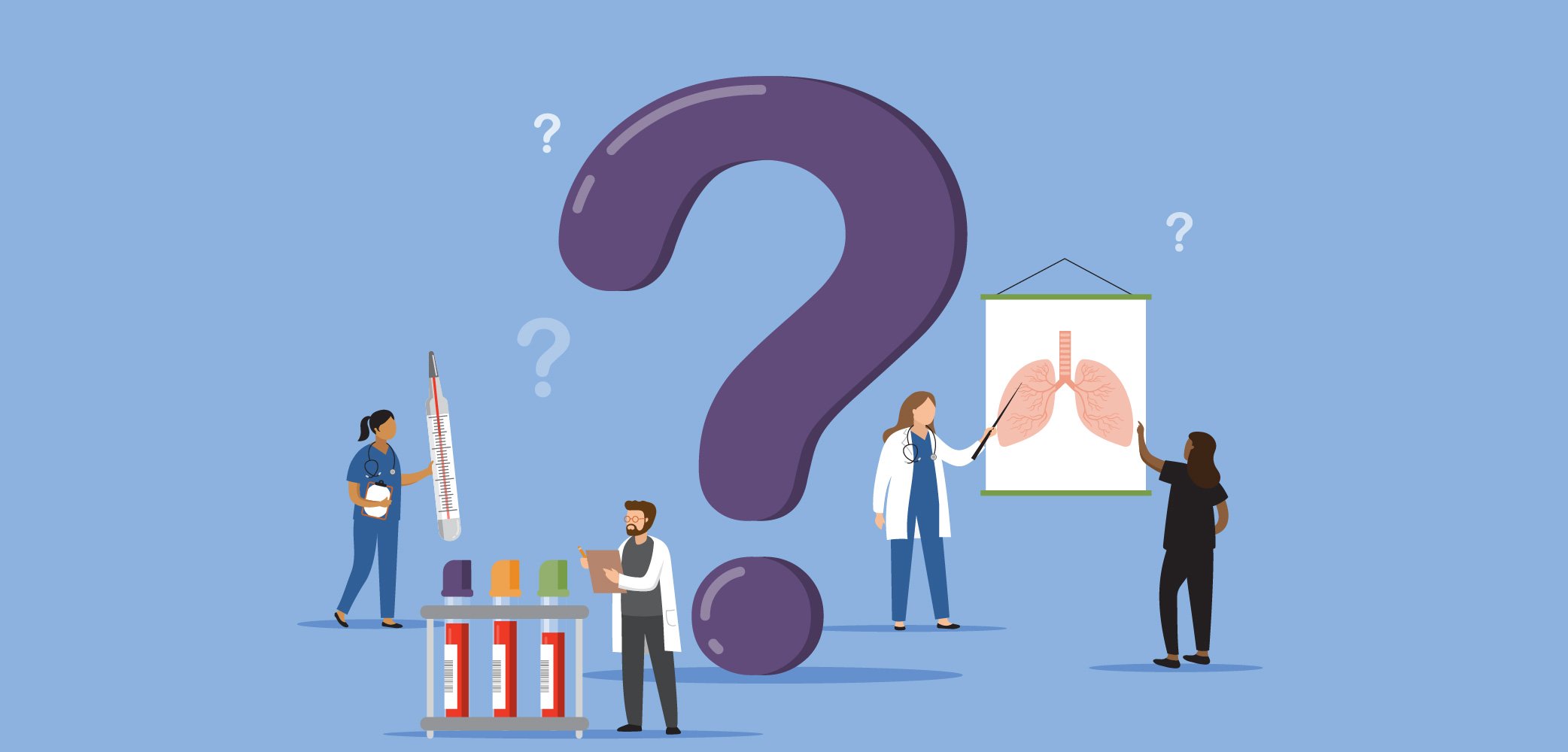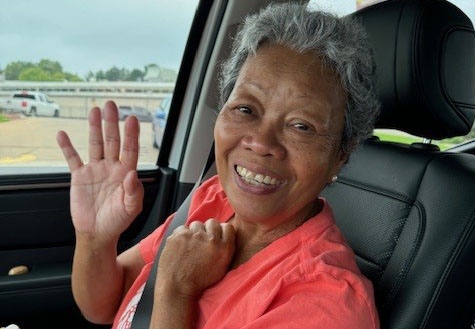- Diseases
- Acoustic Neuroma (16)
- Adrenal Gland Tumor (24)
- Anal Cancer (70)
- Anemia (2)
- Appendix Cancer (18)
- Bile Duct Cancer (26)
- Bladder Cancer (74)
- Brain Metastases (28)
- Brain Tumor (234)
- Breast Cancer (728)
- Breast Implant-Associated Anaplastic Large Cell Lymphoma (2)
- Cancer of Unknown Primary (4)
- Carcinoid Tumor (8)
- Cervical Cancer (164)
- Colon Cancer (168)
- Colorectal Cancer (118)
- Endocrine Tumor (4)
- Esophageal Cancer (44)
- Eye Cancer (36)
- Fallopian Tube Cancer (8)
- Germ Cell Tumor (4)
- Gestational Trophoblastic Disease (2)
- Head and Neck Cancer (14)
- Kidney Cancer (130)
- Leukemia (342)
- Liver Cancer (50)
- Lung Cancer (286)
- Lymphoma (278)
- Mesothelioma (14)
- Metastasis (30)
- Multiple Myeloma (100)
- Myelodysplastic Syndrome (60)
- Myeloproliferative Neoplasm (6)
- Neuroendocrine Tumors (16)
- Oral Cancer (102)
- Ovarian Cancer (178)
- Pancreatic Cancer (162)
- Parathyroid Disease (2)
- Penile Cancer (14)
- Pituitary Tumor (6)
- Prostate Cancer (150)
- Rectal Cancer (58)
- Renal Medullary Carcinoma (6)
- Salivary Gland Cancer (14)
- Sarcoma (238)
- Skin Cancer (302)
- Skull Base Tumors (56)
- Spinal Tumor (12)
- Stomach Cancer (66)
- Testicular Cancer (28)
- Throat Cancer (92)
- Thymoma (6)
- Thyroid Cancer (100)
- Tonsil Cancer (30)
- Uterine Cancer (86)
- Vaginal Cancer (18)
- Vulvar Cancer (22)
- Cancer Topic
- Adolescent and Young Adult Cancer Issues (22)
- Advance Care Planning (12)
- Biostatistics (2)
- Blood Donation (18)
- Bone Health (8)
- COVID-19 (360)
- Cancer Recurrence (120)
- Childhood Cancer Issues (120)
- Clinical Trials (628)
- Complementary Integrative Medicine (22)
- Cytogenetics (2)
- DNA Methylation (4)
- Diagnosis (240)
- Epigenetics (6)
- Fertility (62)
- Follow-up Guidelines (2)
- Health Disparities (14)
- Hereditary Cancer Syndromes (128)
- Immunology (18)
- Li-Fraumeni Syndrome (8)
- Mental Health (122)
- Molecular Diagnostics (8)
- Pain Management (62)
- Palliative Care (8)
- Pathology (10)
- Physical Therapy (18)
- Pregnancy (18)
- Prevention (940)
- Research (390)
- Second Opinion (78)
- Sexuality (16)
- Side Effects (616)
- Sleep Disorders (10)
- Stem Cell Transplantation Cellular Therapy (216)
- Support (408)
- Survivorship (330)
- Symptoms (182)
- Treatment (1794)
Rectal cancer survivor celebrates life with 5K race
BY Bill Lambert
2 minute read | Published March 25, 2015
Medically Reviewed | Last reviewed by an MD Anderson Cancer Center medical professional on March 25, 2015
After my rectal cancer surgery, walking was a challenge. But thanks to my care team, my supportive family and friends and lots of hard work over the past year, I plan to run across the finish line at the 2015 SCOPE Run at MD Anderson on Saturday, March 28.
Well, run might be a stretch. But just the fact that I can entertain running that distance is a testament to so many factors. I now feel I've come full circle.
My rectal cancer treatment
I once read that getting a cancer diagnosis for a second time is like surviving a plane crash only to be involved later in a train wreck. That sums up how I felt. My recurrence came during my five-year annual CT scan, and I had no reason to believe anything was wrong.
The second diagnosis was devastating, but I began treatment: a long, complicated surgery and chemotherapy.
Though the tumor was not large, it was in a difficult location to remove. I was told I would need a two-day long surgery. I was frightened going in, but I had confidence in my surgical team that brought a strange calmness. I knew everything was going to work out.
Only 14 hours later, my wife held my hand with words of encouragement that the operation was successful. It was time to begin the hard work of recovering.
Recovering from rectal cancer surgery
I began a series of challenges to overcome that tested all my strength and faith. After the surgery, I had bowel obstruction and was forced to go on an all-liquid diet for several months. At the same time, I was undergoing chemo. I lost a lot of weight and lacked energy.
I had trouble just walking or simply getting out of the bed. But after many physical therapy sessions, I slowly started to regain strength back in my leg and hip. In the beginning, I wondered if I would ever be able to function the way I wanted, but I set baby steps as goals.
My turning point came when I attempted to run one lap at the track and made it. As small an achievement as that sounds, it gave me hope that I could overcome the challenges I was facing and that things would get better.
It was a long way from my pre-cancer recreational runs of four to five miles but it was a start. Since then, I've continued running and am ready for the SCOPE 5K.
I will never forget walking the halls of MD Anderson during one of my low points. To anyone just starting the cancer journey, I want to share that there is hope to recover and thrive.
Related Cancerwise Stories

To anyone just starting the cancer journey, I want to share that there is hope to recover and thrive.
Bill Lambert
Survivor





